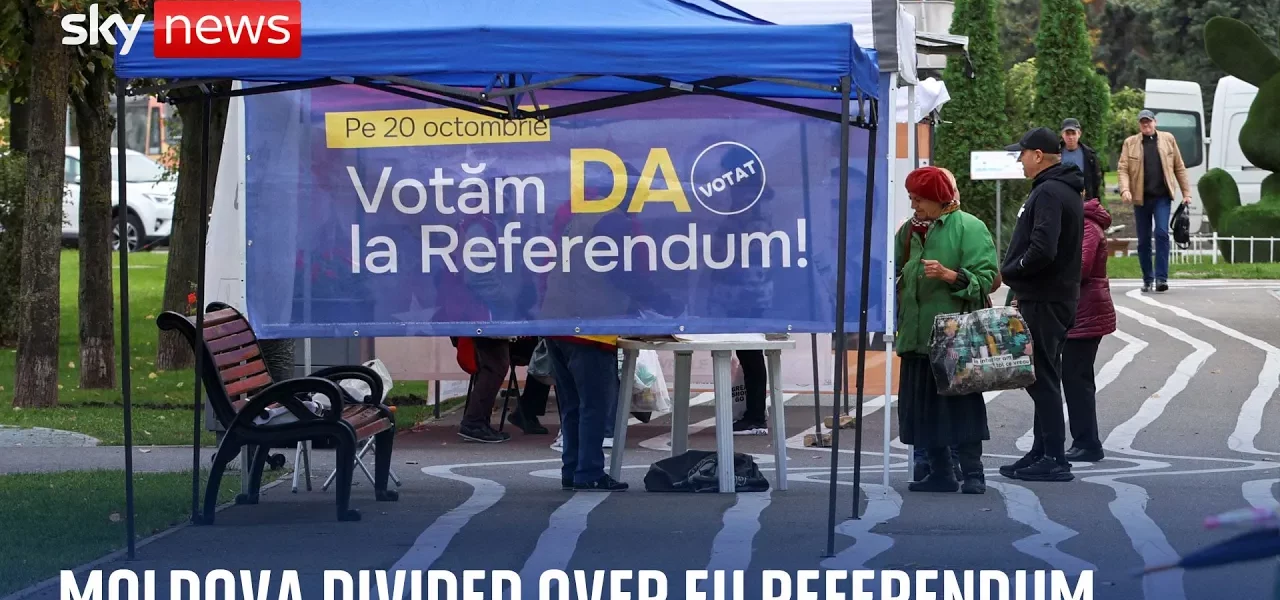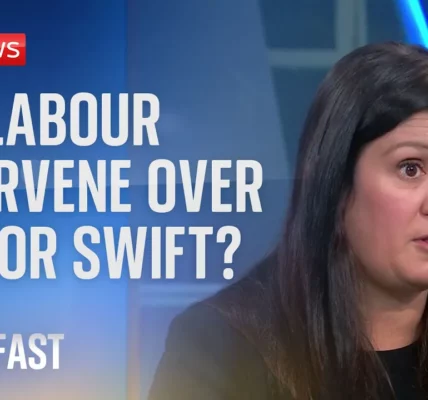90-Year-Old Luca Remembers Moldova’s Time Under Soviet Rule Fondly

This article explores the contrasting views of Moldovans regarding their political affiliations, particularly in light of the upcoming EU referendum and the influence of Russian propaganda.
Introduction
The political landscape of Moldova is currently at a pivotal moment, characterized by a referendum that could determine the country’s future direction. As it stands, the nation faces a choice between aligning more closely with the European Union or reverting to its historical ties with Russia. The perspectives of residents, particularly those who have lived through the Soviet era, like 90-year-old Luca, provide a nuanced view of these changing allegiances. Luca’s fond memories of a time when everyone worked and no one left their homes contrast sharply with the current climate of uncertainty and division.
Luca’s Nostalgic Perspective
The Soviet Era: A Time of Stability
Luca recalls the Soviet era as a period of stability and unity in Moldova. He fondly remembers a time when:
- Everyone had employment opportunities.
- There was a strong sense of community.
- No one felt the need to leave for better prospects.
For Luca, the collective experience of working together created bonds that he believes are lacking in today’s society.
Current Sentiments Toward the EU and Russia
Despite the prevailing mood favoring a shift towards the EU, Luca expresses a clear preference for aligning with Russia. He asserts:
“It will be better with Russia. Putin is the best person.”
His sentiments echo a broader belief among some residents of the pro-Russian autonomous region of Gagauzia, where loyalty to Moscow often supersedes aspirations for Western integration.
The Pro-European Perspective
Hopes for Economic Opportunities
In contrast to Luca’s views, many Moldovans are hopeful that a “yes” vote in the upcoming referendum will lead to enhanced economic prospects. Ivan, a local resident, articulates this optimism:
“A vote for the EU means more jobs and better living standards.”
However, this optimism is tempered by concerns about the significant influence of Russian propaganda.
The Role of Propaganda and Misinformation
Ivan’s wife highlights the alarming rise of misinformation campaigns aimed at swaying public opinion against the EU. She states:
“I think 70% of people are zombies.”
This sentiment reflects a growing frustration with the Kremlin’s tactics, which include:
- Bribery of voters to sway the referendum outcome.
- Encouragement of apathy among those who might vote in favor of EU alignment.
The Authorities’ Response
Seizures and Investigations
Moldovan authorities have reported significant efforts to combat Russian interference in the electoral process. Police have seized:
- Money and technology linked to pro-Kremlin groups.
- Over 130,000 bribes aimed at influencing voter behavior.
Additionally, video evidence allegedly shows preparation for instigating riots, underscoring the serious implications of these actions.
Government Measures Against Misinformation
The Moldovan police chief has stated that they are up against an “unprecedented project” to manipulate and instill fear among voters. He claims that over $15 million was transferred to disrupt the democratic process, indicating a well-organized effort to influence the referendum outcome.
Conclusion
Moldova stands at a crossroads, with its citizens divided over the future direction of their country. The contrasting views of residents like Luca and Ivan illustrate the complexities of national identity, historical ties, and aspirations for the future. As Moldova prepares for the referendum, it is crucial for voters to critically evaluate the information they are presented with, in order to make informed decisions about their country’s path. For those interested in understanding the intricate dynamics at play in Moldova, further exploration of the historical and political context is recommended. Join the conversation and stay informed about the developments in Moldova’s political landscape.
“`




